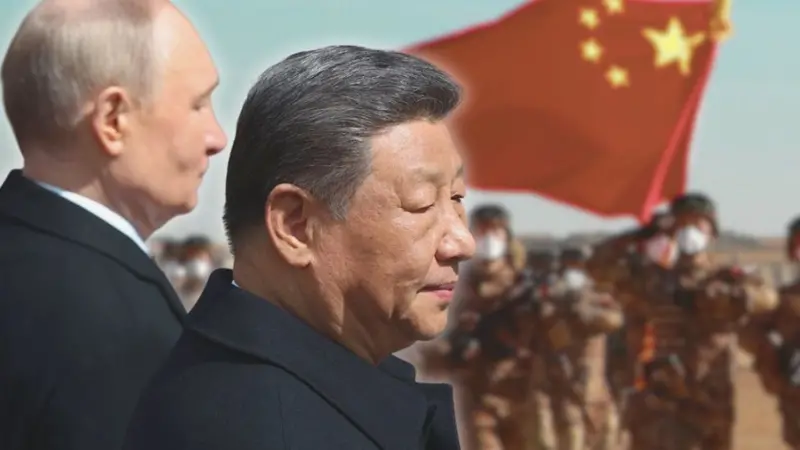This summer marks a pivotal shift in China’s role in the Russia‑Ukraine conflict. Beijing appears to be moving away from a carefully crafted position of “neutral peacemaker” and signaling its true priorities: preventing a Russian defeat.
Breaking Neutrality?
Chinese Foreign Minister Wang Yi reportedly told EU diplomats that “Beijing does not want to see Russia lose in Ukraine — it fears that a weakened Russia would free the U.S. to focus on China”. Although China still officially positions itself as neutral, calling for “negotiations, ceasefire, and peace,” it has not contested Wang’s remarks.
Xi Jinping reinforced this stance during talks with Russia’s Sergey Lavrov, praising the “comprehensive partnership and strategic cooperation” and sending “warm greetings” to Vladimir Putin.
Signs of Escalation
Recent intelligence suggests China may be sending 600 military personnel to Russia this summer for training in tank, artillery, engineering, and air-defense tactics. Moreover, Chinese-made dual-use goods, drone components, powders, and machinery have been reportedly supplied to Russian military industries. A BBC Russian briefing confirms Beijing is facilitating a prolonged conflict in Ukraine.
Three Potential Paths
1. Full Escalation
China could significantly increase its military aid—mirroring North Korean-style support—if it sees strategic gains against the U.S. Such a scenario would meaningfully magnify Russia’s war capabilities, particularly with China’s vast production of conventionally compatible weapons
2. Status Quo Maintenance (Most Likely)
So far, China’s current “measured” support suits its interests. Russia remains strong enough to distract the West; China continues to benefit from energy supplies, and its military build-up avoids direct confrontation. Analysts argue that China is content with this arrangement, as it reinforces its geopolitical and economic leverage.
3. Retraction of Support
A shift could occur if geo-economic pressures—like stringent U.S. tariffs tied to Trump’s 50-day ultimatum—force China to reassess the risks of antagonizing Europe and Washington. Losing access to Western markets might outweigh the benefits of supporting Russia.
The Takeaway
Escalation? Beijing may be ramping up discreet assistance—particularly through military training and advanced equipment shipments.
Status quo? That remains the most plausible path: China continues to support Russia strategically while keeping its global economic options open.
Retreat? Any pivot will depend on how far Washington and Brussels push economic pressure, potentially shifting China’s calculus.
Regardless, China is no longer a passive observer. Based on BBC reporting and expert input, its emerging role is more strategic, less neutral, and closely tied to broader competition with the U.S. The coming months will reveal whether Beijing doubles down on backing Moscow or recalibrates its stance under Western economic pressure.
Insight based on BBC Ukrainian / BBC Russian analysis


